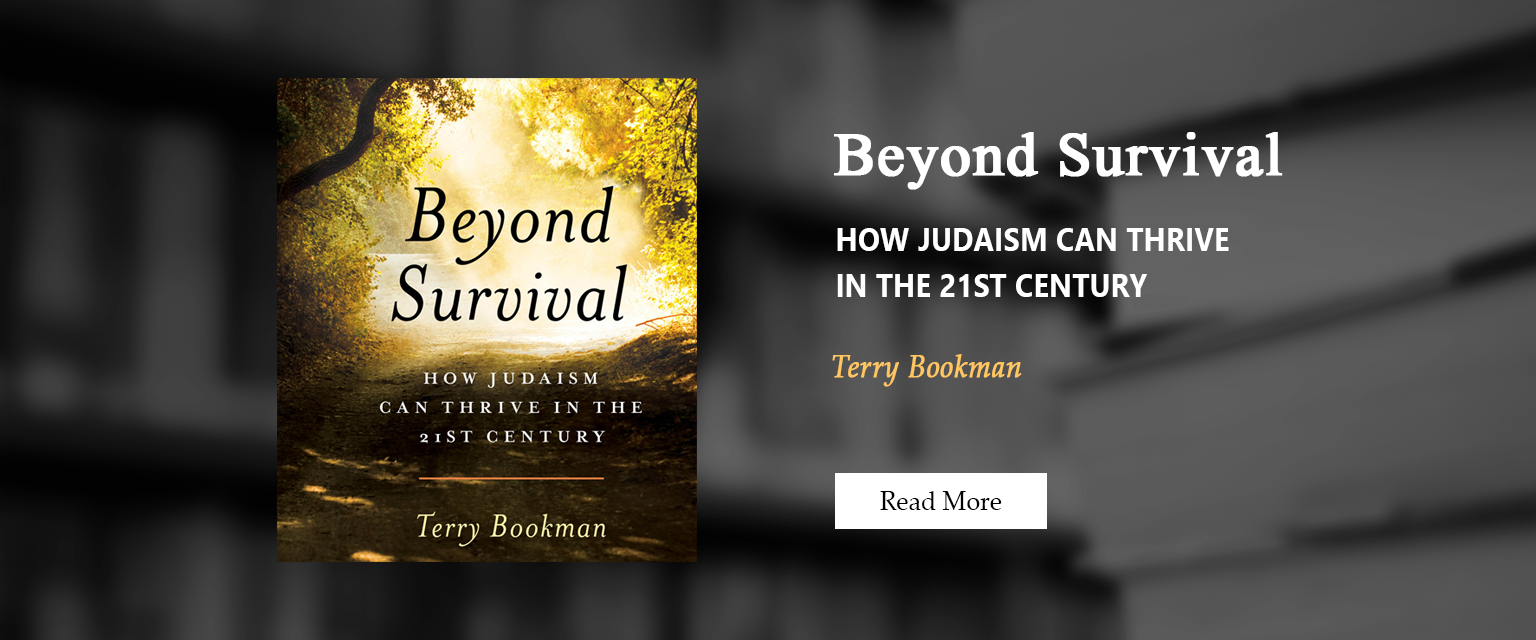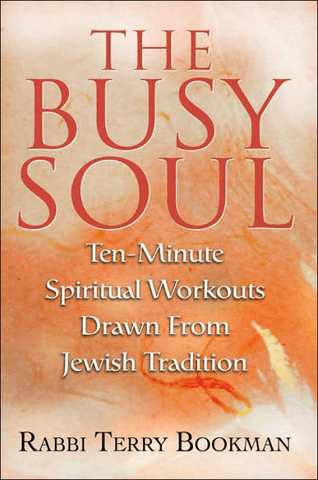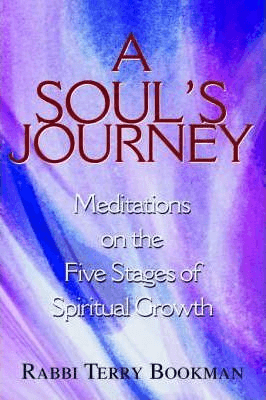|
Though not exclusive to Judaism, all Jewish prayer falls into three distinct categories—gratitude, awe, and petition.
Gratitude Judaism wants us to inculcate an “attitude of gratitude” as a basic life stance. We are, each of us, regardless of our particular life circumstances, blessed beyond measure. We are alive! And while we may be facing serious challenges, the truth of the matter is, that on the whole, we would not change places with anyone else on the planet. I have a friend who says when he wakes up in the morning and only one part of his body is aching or malfunctioning, he knows it’s going to be a good day. Our tradition urges us to start each day with the words, “modeh/modah ah-knee l’fah-necha/thank you God for another day of life! I don’t know what I did to deserve it or Your trust in me, but nevertheless I am grateful.” Those words are meant to create a context for our day; a day to appreciate the gift which is life. But it does not stop there. Throughout our day we are meant to pause and say thanks—for the food we have; for our senses; for the ability we have to think, to feel; for the love we share; for that gorgeous rainbow in the sky; for the opportunities, large and small to make a positive difference in the world and the lives of others. Yes, we all are blessed and need to say thanks; doing so opens our eyes, and enlarges our hearts. Awe Children, I have noticed over the years, do not need to be told that the world is an awesome place. They get that, without any reminders or encouragement from us adults. For them, the world is a fascinating place to explore with open curiosity. That childlike wonder, especially as expressed by numerous Psalms, is woven throughout the Jewish worship service. “Mah rah-boo ma’ah’secha Adonai/How great are the things you do, Adonai!” Abraham Joshua Heschel, whose writing continues to inspire me, wrote that “awe is the sense of wonder and humility inspired by the sublime or felt in the presence of mystery.” As I write this, sitting in our home in Colorado, looking out at the mountains and the trees, wildflowers everywhere, the sky changing color as if some artist is painting by the numbers—I also need no reminders. The world is an awesome place. And guess what? As great as we are, not one of us did anything to create or deserve that. It just is. And our job is simply to take notice. Wow! Petition Are you comfortable asking for things? For yourself? For others? Our tradition gives us permission to ask God for anything we truly need. Asking strengthens us even as it strengthens the relationship. I remember being asked by a young boy if I would pray for his favorite football team, the Miami Dolphins, to win the game they were playing later that day. I tried to explain that while it was okay to ask God for this intervention, that I only prayed for things that were truly important. He replied, “But this is important Rabbi. If we win today we have a chance for the playoffs!” I then told him, “I really can’t do that. I’m a Packers fan! But I will put in a good word today for you to be happy.” Seriously though, the our spiritual masters say, “Pray for anything, even frivolous things. And when you get through those, perhaps more important things will flow from our hearts.” Hopefully, each of us has a few special relationships in which we know we can ask for anything without shame or embarrassment. That a loving friend will hear and acknowledge our requests, will be a “yes” for us, even if we are halting in verbalizing them. In prayer, think of God as such a friend, one who will not judge us as weak or needy just because we ask, but will welcome every worthy wish of our hearts. These three types of prayer create an acronym—GAP. A gap is the space between where we are and where we need to be. Where are the gaps in your life? Between yourself and the ones you love? Between you and God? Between the you that you are being and the you that you know you can be? The real purpose of prayer, whether in the privacy of your home or in the embrace of community, is to narrow or even close the gaps. Be careful. Mind the gap as they say on the London Tube, but do not be deterred from the work you need to do, as well as the movement you need to make. P.S. I have had the “religious” conversation more times than I can count. Most of the time, in my community, when someone refers to a person as “religious” they usually mean someone who is observant of Jewish law (i.e. orthodox Jews who keep the Sabbath, eat kosher, etc.). While these people may or may not be religious, my criteria are quite different and they are contained within this blog. For me, a religious person is one who displays wonder at life itself; is grateful each and every day; acts kindly, ethically, and lovingly toward all living things both animal and natural; and has a personal relationship with God, however they understand that. If that describes you, then you are a religious person in my book. What do you say?
0 Comments
Leave a Reply. |
Blogs and VideosArchives
January 2021
Categories |
|
I exist to be a connector—connecting people to themselves (allowing for awareness and insight, as well as wholeness and personal growth); to one another (creating sacred community); and to God (linking themselves to a Higher Purpose in all they do in life).
|
©2021 Eitzah, Inc. All rights reserved.







 RSS Feed
RSS Feed
